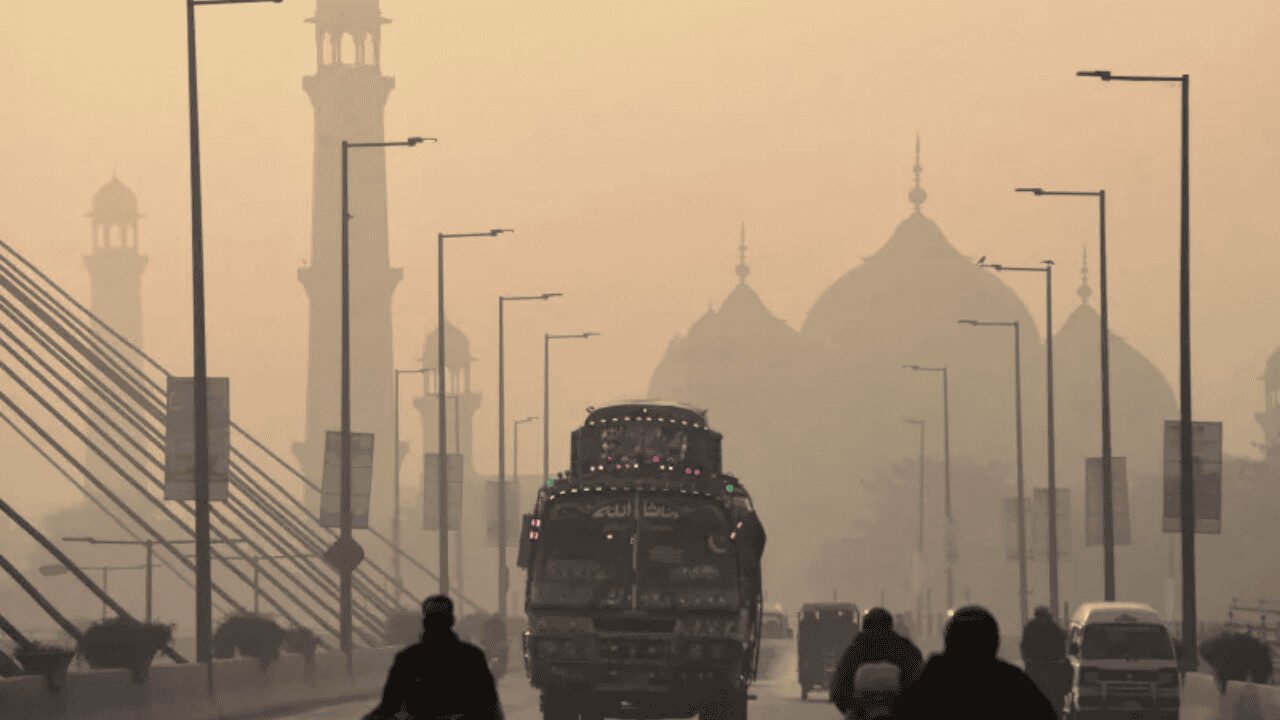By Muhammad Saleem
In Lahore, smoke from coal-burning factories and restaurants is choking the city—and businesses are feeling the pressure.
From textile mills to traditional food stalls, many are facing strict warnings from the government to cut down emissions, or risk being shut down.
Lahore Factories and Restaurants Face Coal Restrictions
Shafaqat Ali, who runs a small weaving unit, told this reporter that many textile factories still rely on coal and old boilers for production.
Switching to cleaner energy, he said, is no easy task for small and medium-sized businesses.
“It requires huge investment,” Ali explained. He added that the textile sector is already battling high energy costs, falling exports, and tough global competition.
Small Textile Units Seek Government Support
“We want to go green and meet environmental standards, but we need government support and financial incentives to do it,” Ali said.
He described how a sizing unit—where yarn is prepared for weaving—had warned him that their material supply might be delayed.
The environment department had threatened closure if smoke continued to escape from the factory.
Most of these units rely on materials like corn cobs or wood to power boilers because gas is expensive and often in short supply.
Risk of Mass Layoffs Looms Over Industry
Ali urged the environment department to take a softer approach. “Hundreds of people rely directly or indirectly on these units,” he said.
“Shutting them down would cause mass layoffs, which the industry cannot afford, especially with rising inflation.”
Food Industry Adapts to New Regulations
The food industry in Lahore is facing similar struggles.
Muhammad Dilawar, a hotel owner in Rehman Pura, said authorities told him that coal could no longer be used in food preparation.
“We can’t make barbecue without coal, so we’ve decided to stop serving it,” he explained.
He added, “Even after years of hard work, we face strict restrictions, especially ahead of winter. This has been going on for a few years now.”
While many restaurants have switched to gas cylinders, not every traditional dish can be cooked that way.
Dilawar stressed that while they support a clean environment, closing businesses is not the right solution to combat smog.
Monitoring and Enforcement by the Government
An anonymous official from the Environment Department told this reporter that the Punjab government is monitoring every sector that could harm the environment.
Factories are being connected to a system that tracks smoke emissions, and strict action will be taken against those who break the rules.
“Only smarter practices, cleaner energy, and cooperation between businesses and the government can help Lahore breathe easier again,” the official said.
Author Profile
-
Muhammad Saleem is a Lahore-based journalist with a focus on environmental issues, urban development, and the challenges faced by local industries.
With years of experience reporting on the intersection of business, policy, and public health, Muhammad Saleem, brings in-depth analysis and firsthand insights into the struggles of small and medium enterprises as they navigate regulations and sustainability challenges.





